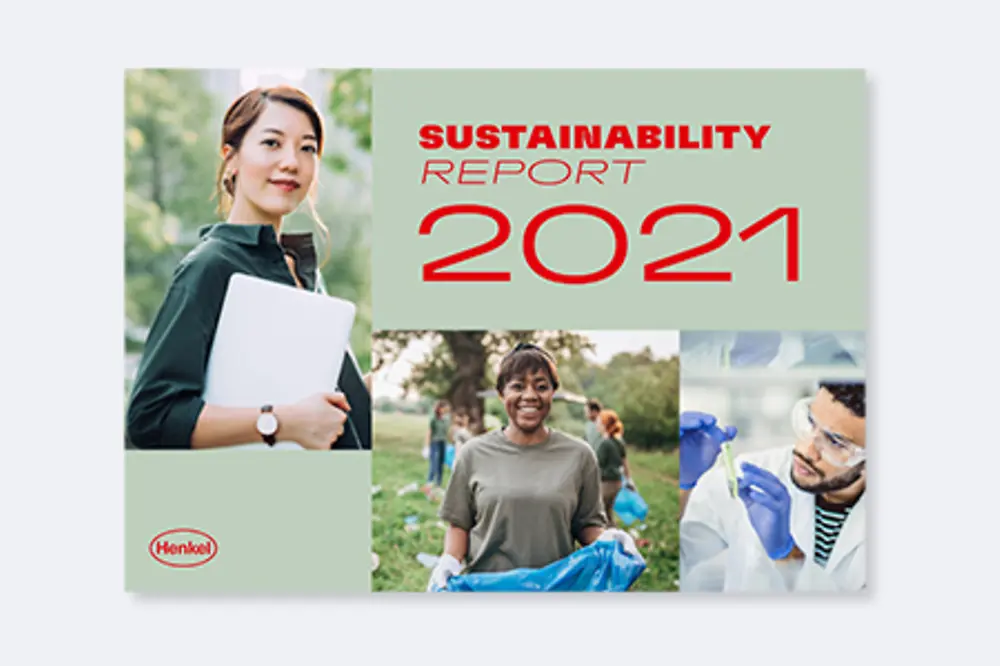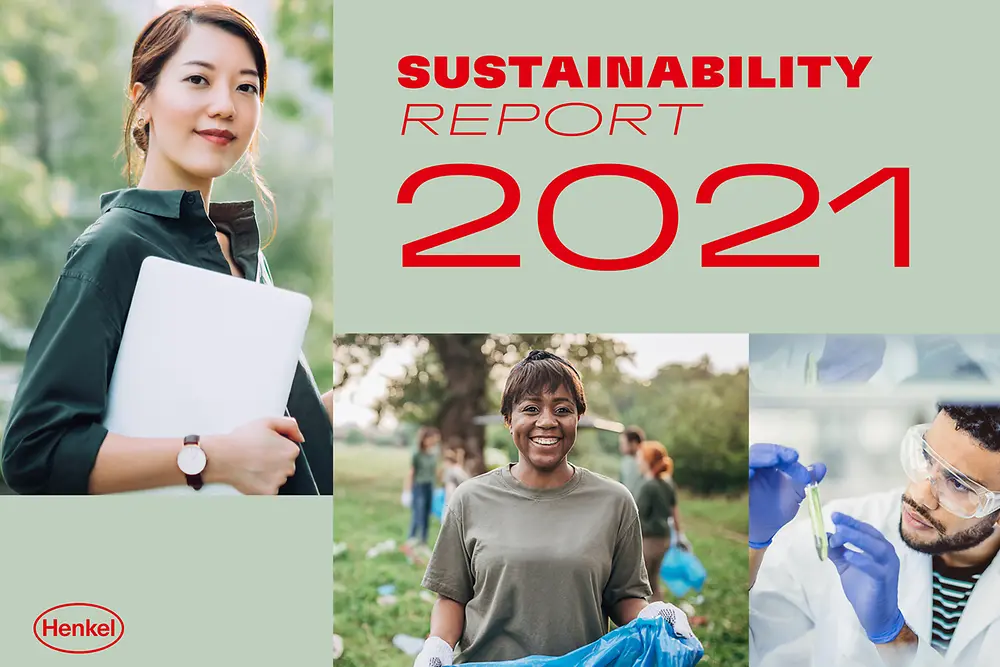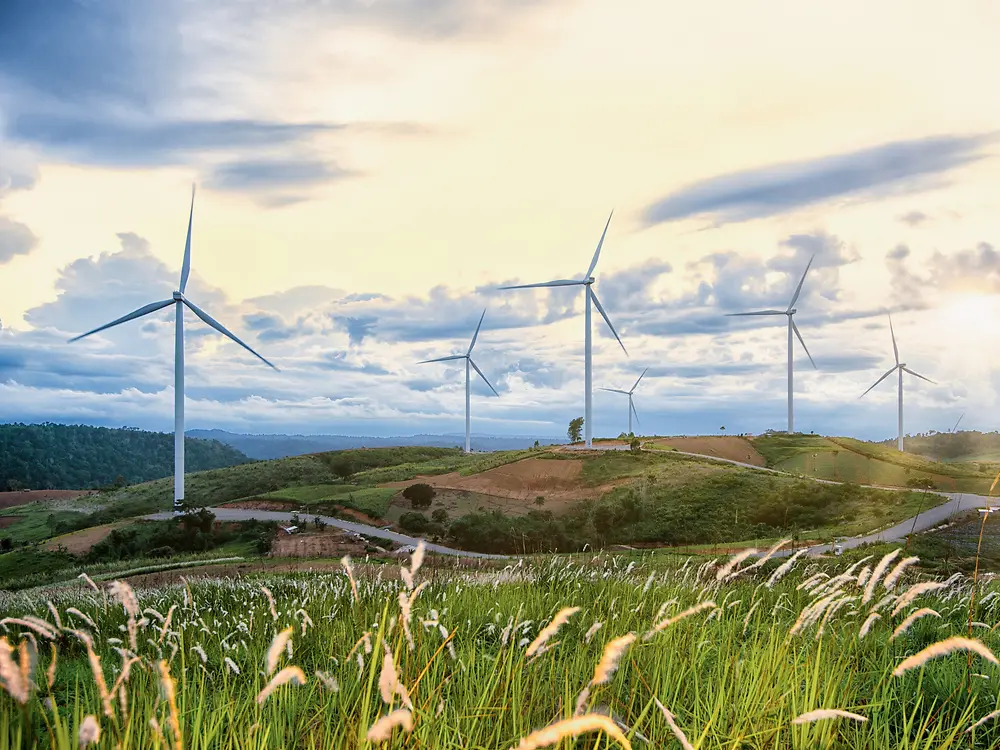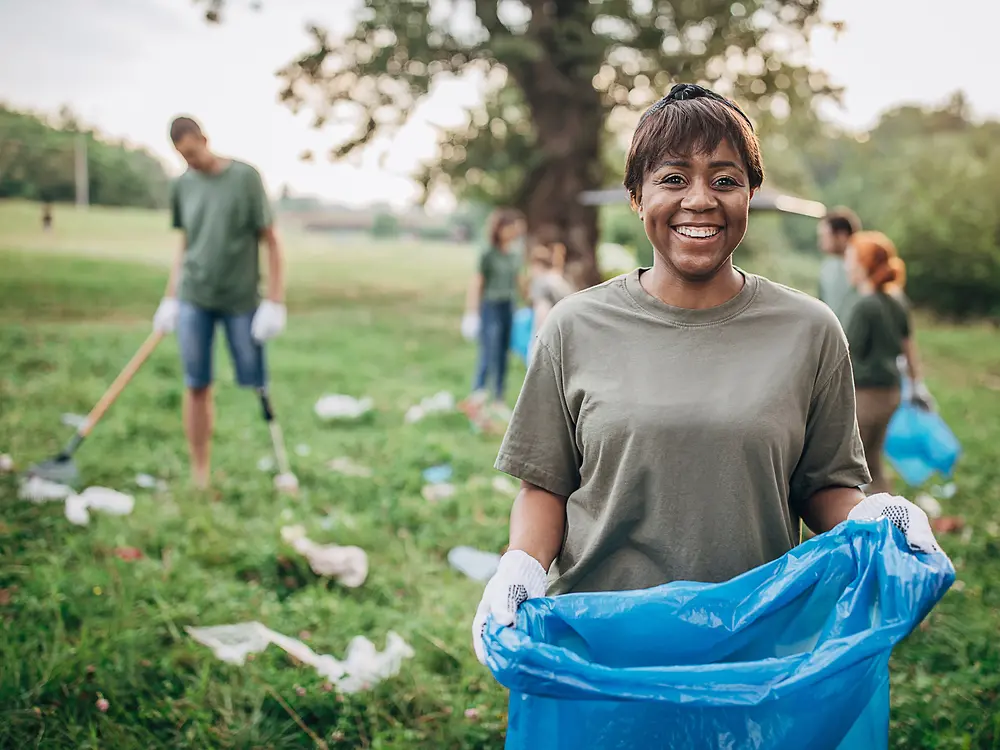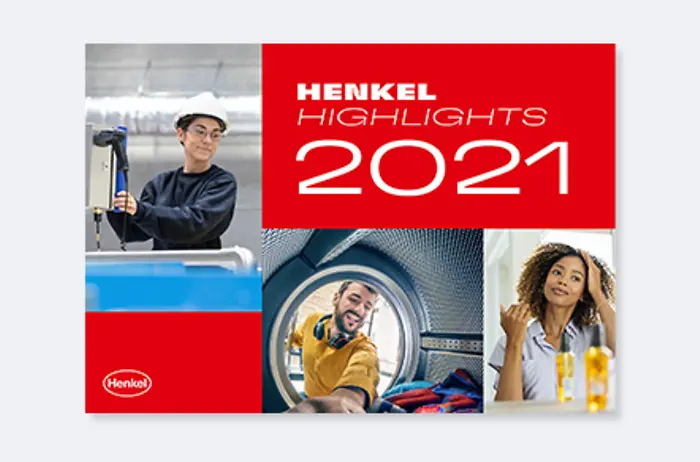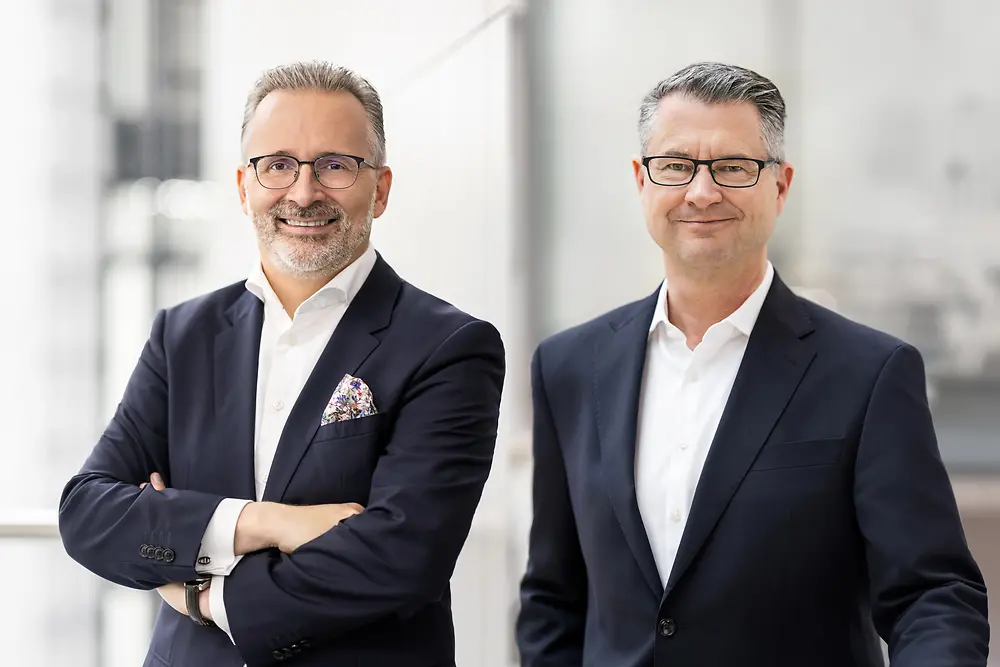- Strong performance and improvements across key dimensions in 2021
- Evolved sustainability strategy: 2030+ Sustainability Ambition Framework
- Introducing new ambitions, including moving up climate positivity in production from 2040 to 2030
Feb 23, 2022 Düsseldorf / Germany
Strong sustainability performance in 2021 and new ambitions set for 2030 and beyond
Henkel published today its 31st Sustainability Report, detailing its achievements and progress in 2021 while also outlining its new 2030+ Sustainability Ambition Framework.
“Sustainability is deeply rooted in our company DNA and integral to how we do business. Together with strategic priorities such as innovation and digitalization, sustainability is at the heart of our Purposeful Growth agenda,” said Carsten Knobel, CEO of Henkel. “Sustainability is also one of our values and is reflected in our corporate purpose: Pioneers at heart for the good of generations. With the help of our more ambitious sustainability strategy, we will accelerate our transformation, evolving our portfolio and processes even more strongly towards sustainability.”
“The past year tested our resilience as a company, as individuals and communities as the fight against the COVID-19 pandemic continued. Our commitment to address environmental, social and political challenges, therefore, has never been clearer,” added Sylvie Nicol, member of the Henkel Management Board responsible for Human Resources and Sustainability. “I am proud that in 2021, despite the challenging environment, Henkel further advanced sustainability in critical areas such as climate protection and circular economy.”
Strong track record in a challenging year
In 2021, Henkel further anchored its sustainability strategy in the business, reduced CO2 emissions in its operations (in particular by converting to green electricity) and made further progress in sustainable sourcing of raw materials as well as in sustainable finance, among others.
Henkel aims to reduce its carbon footprint in production by 65 percent by 2025 (vs base year 2010). By the end of 2021, Henkel had already halved its CO2 footprint in production. To achieve this, the company also focuses on improving its energy efficiency and sourcing 100 percent of its electricity exclusively from renewable sources by 2030. By the end of 2021, Henkel fully transitioned production in 21 countries, including in Columbia and France, to electricity that is 100 percent renewable. Today, Henkel stands already at 68 percent renewable electricity usage.
In addition, Henkel is actively committed to building a true circular economy, working with various partners along the entire value chain and cooperating on international initiatives such as Plastic Bank and the New Plastics Economy by the Ellen MacArthur Foundation. The company’s ambitious packaging strategy aims to reduce and recycle packaging materials and prevent them from entering the environment. One of its highlight targets by 2025 is for 100 percent of Henkel's packaging to be recyclable or reusable. At the end of 2021, the share was already around 86 percent. Henkel is also working steadily to increase the proportion of recycled material in its packaging to more than 30 percent for all plastic packaging for its consumer goods products worldwide by 2025. At the end of 2021, the company increased this share to approximately 18 percent.
Henkel also made good progress in its journey to source 100 percent of its palm and palm kernel oil responsibly. In 2021, the company sourced 93 percent of its total requirements and the derivatives as certified raw materials according to the RSPO („Roundtable on Sustainable Palm Oil“) mass balance model. Henkel attributes some of its successes to its long-standing collaboration with development organization Solidaridad, which supports smallholder palm oil farmers in South America, Africa and Asia. Until today, the partners have been able to positively impact around more than 36,000 smallholder farmers around the world.
Another important milestone was the announcement of Henkel’s new Sustainable Finance Framework, creating a direct link between its sustainability strategy and its funding strategy. The framework includes two possible forms of financing: the issuance of sustainability-linked bonds as well as green bonds. In 2021, Henkel placed the first two issues under the terms of this framework, making it the first company in its sector to place a euro bond whose interest rate is linked to the achievement of specific sustainability targets. In total, bonds with a volume of more than 700 million euros were issued.
Advancing targets and ambitions through the 2030+ Sustainability Ambition Framework
These achievements are in line with Henkel’s objectives set in a long-term strategy in 2010. After a decade of successfully driving progress in sustainability, Henkel reflected in 2021 on ongoing external developments and expectations for its strategy and ambitions going forward. This review resulted in a new 2030+ Sustainability Ambition Framework, which also includes new, additional long-term ambitions that will help transform the economy and society toward sustainability.
Henkel’s 2030+ Sustainability Ambition Framework consists of three dimensions:
- Regenerative Planet: enable a circular and net-zero carbon future by transforming the business, products and raw materials underpinned by science and innovation.
- Thriving Communities: help people lead a better life through the collective strength of the business and brands by supporting equity, education and wellbeing.
- Trusted Partner: drive performance and systems change with integrity through values-based culture, deep rooting in science and passion for technology.
“We want to ensure the framework’s ambitions align our stakeholders’ expectations of addressing environmental, social and governance (ESG) topics with our increasing depth of engagement in these areas,” explained Ulrike Sapiro, Chief Sustainability Officer at Henkel. “We looked at where we can go further, act faster and be bolder – and one of our key outcomes included moving forward climate positivity in our production from 2040 to 2030.”
Key new ambitions include:
- Aim for climate-positive operations by 2030 and set a net-zero pathway for Scope 3 emissions (from source to shelf), in line with the Science Based Targets initiative.
- Enhance circularity by increasing circular use of water and production waste material by 2030
- Achieve gender parity across all management levels by 2025
- Expand community education programs and volunteering
- Shape the future of work for the company and its employees through further development and expansion of the 2021-initiated “Smart Work” program
Ulrike Sapiro added, “We know that the world around us, the expectations of our stakeholders and the opportunities for advancing sustainability are in constant transformation. That’s why we plan to further regularly review and update our 2030+ Sustainability Ambition Framework with new tangible targets and ambitions as we go forward.”
REIMAGINING & IMPROVING LIFE EVERY DAY
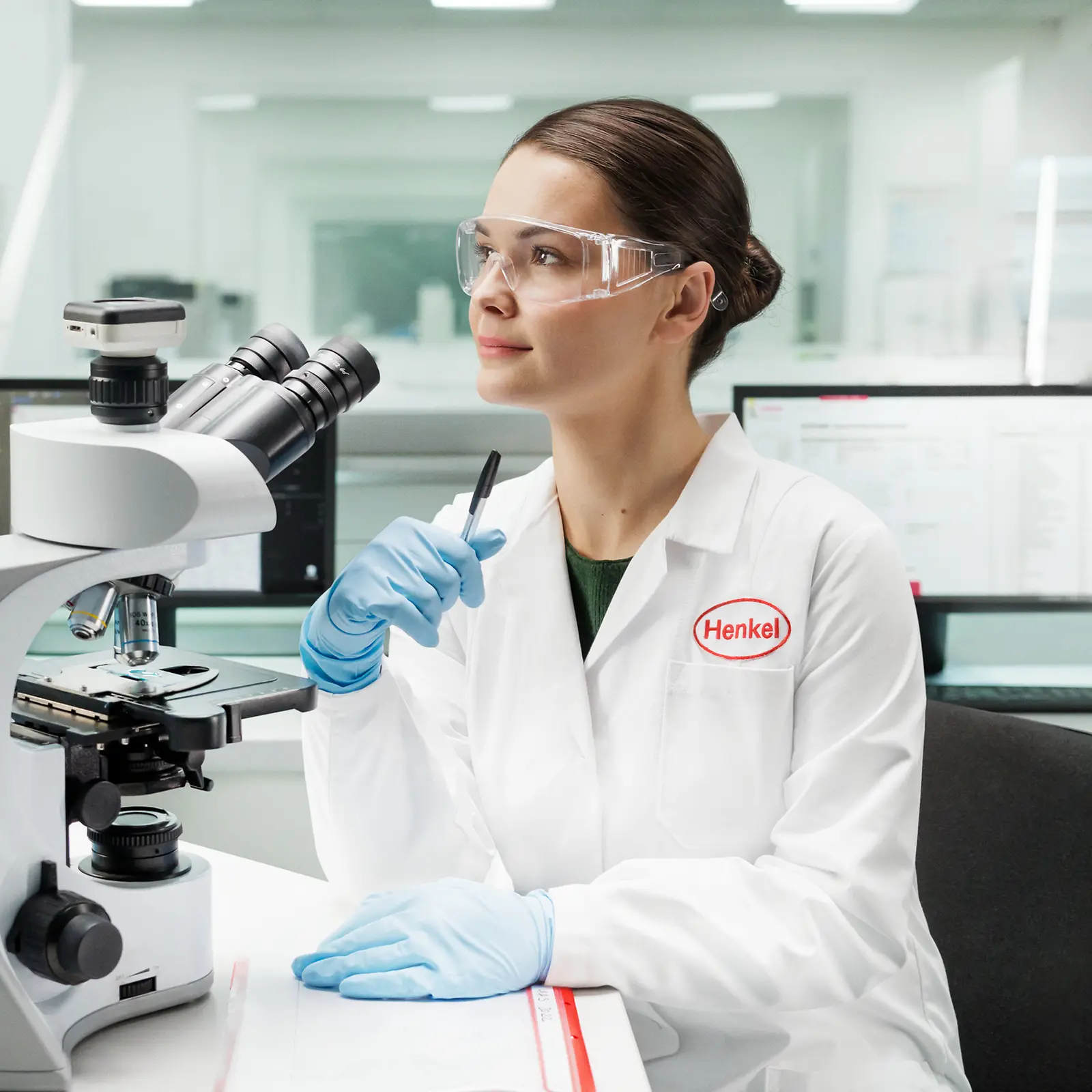
The new Henkel brand unites our heritage and ambition going forward: engaging people to shape a purposeful future together with us and driving progress, while building on our core strengths.
